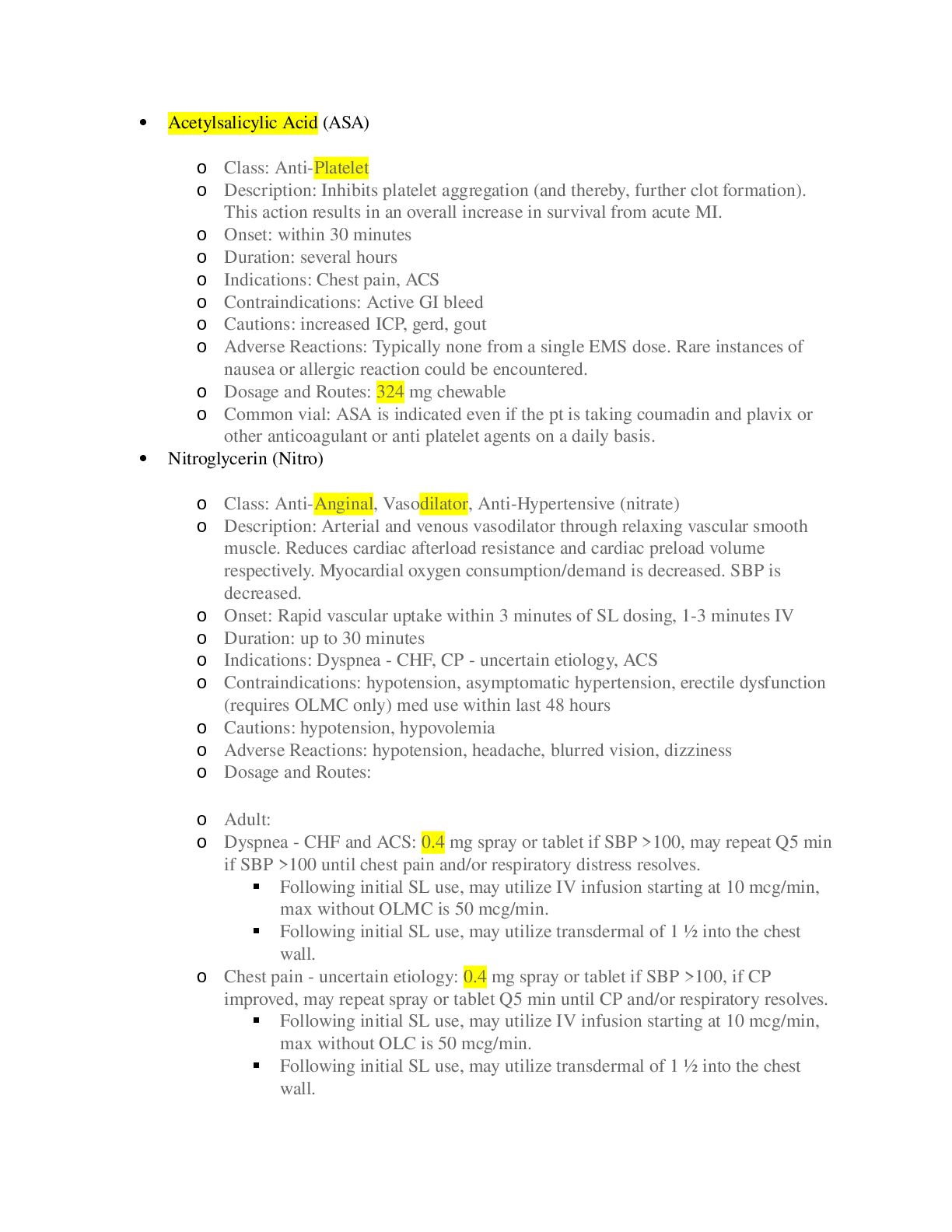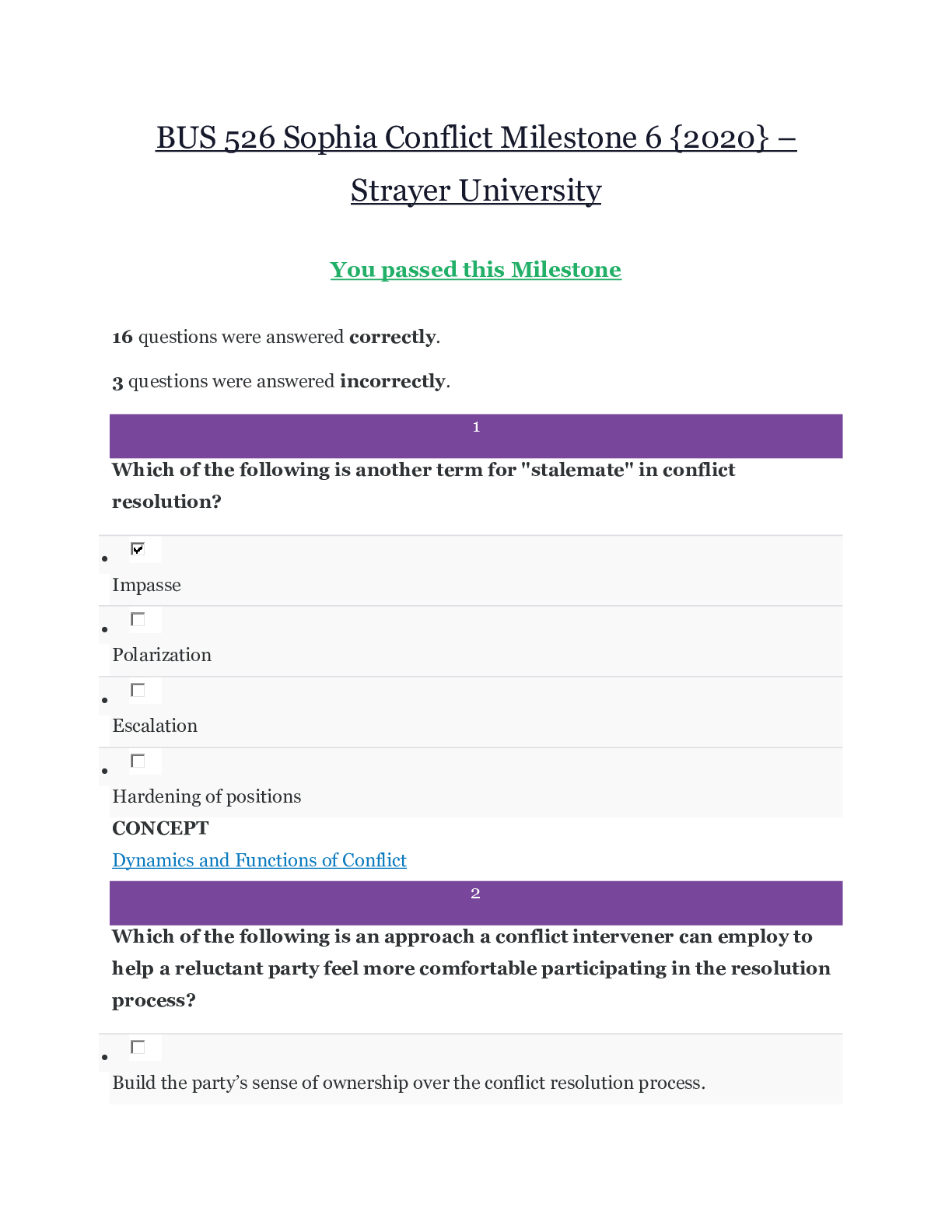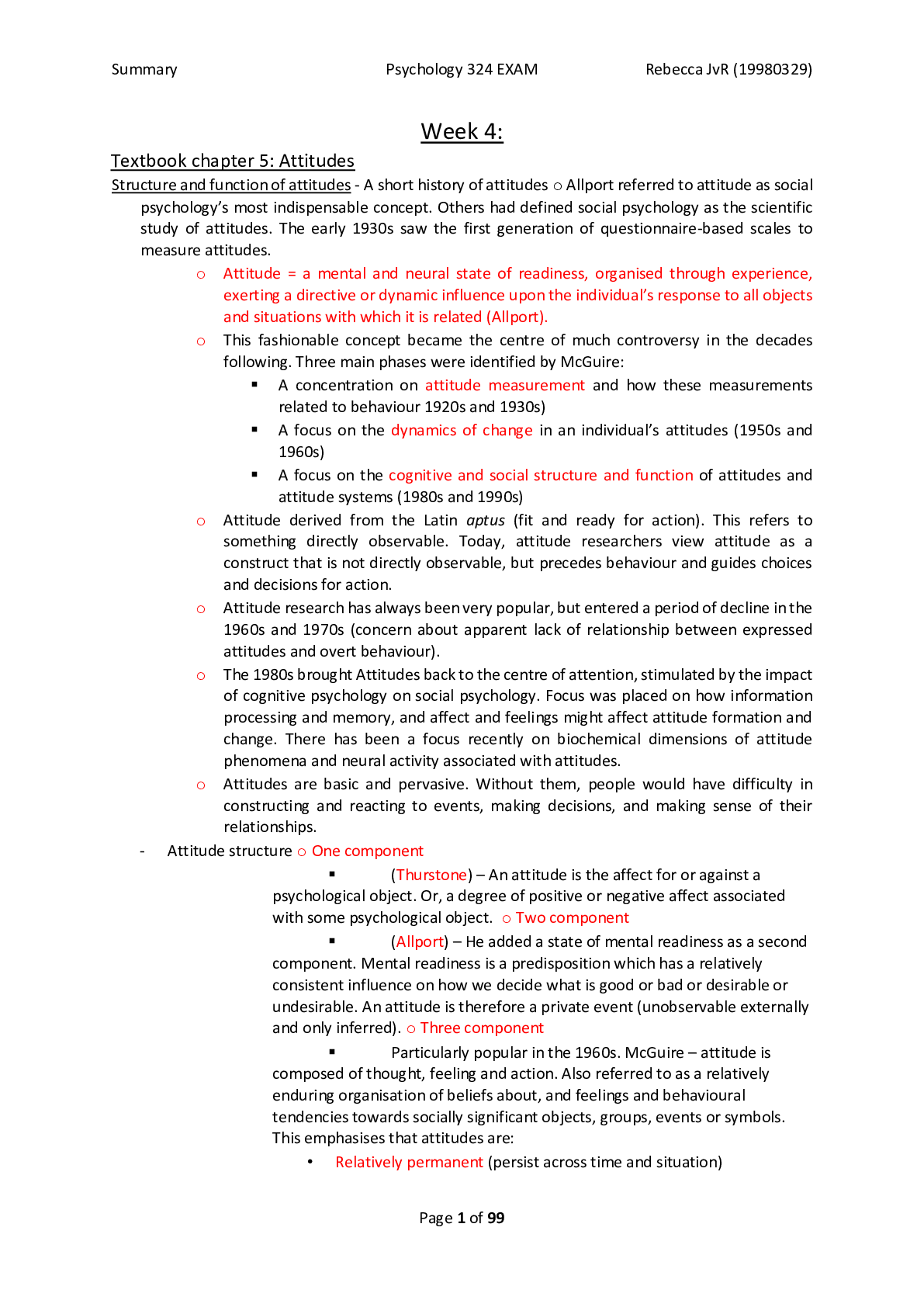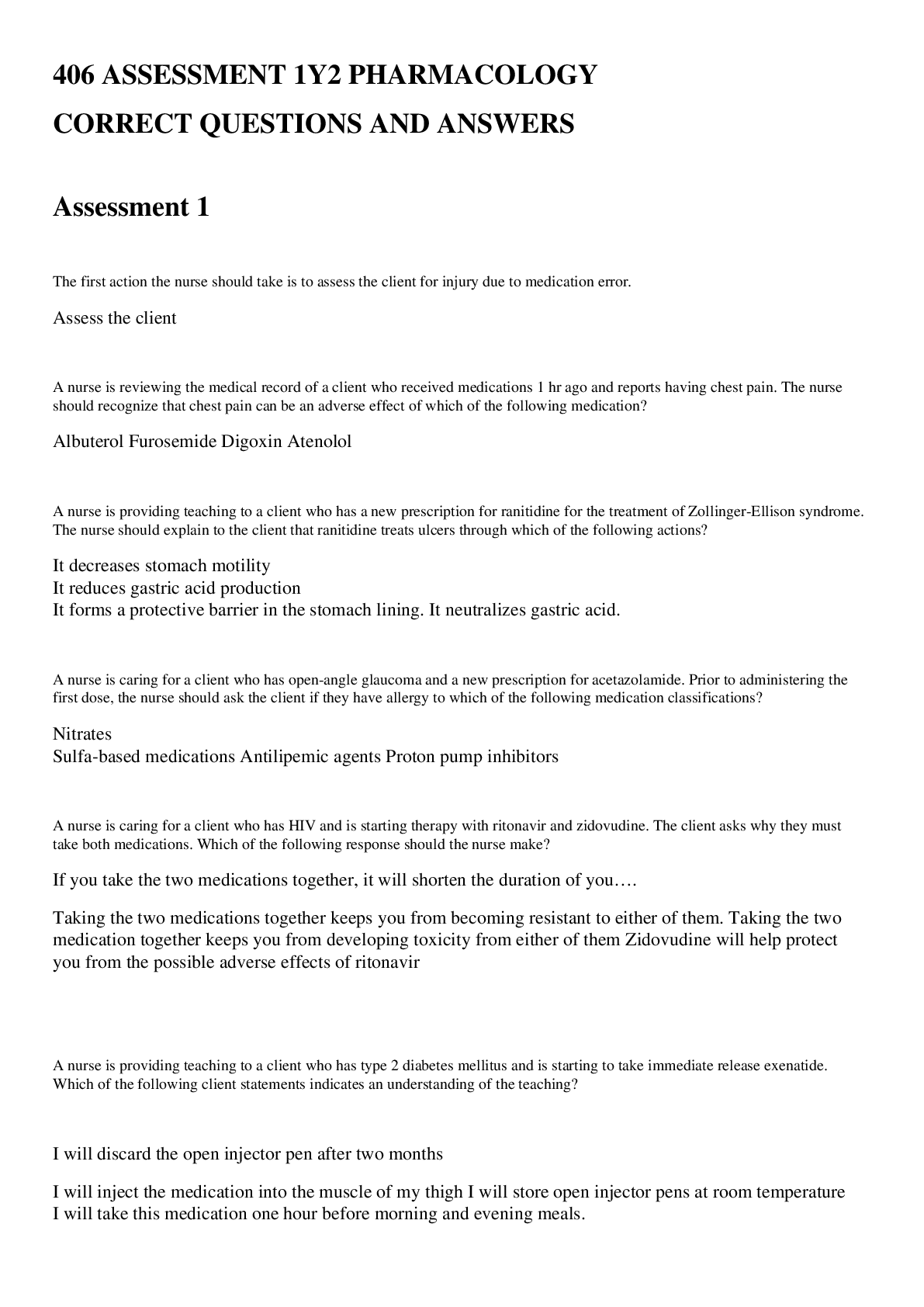LEHNES PHARMACOLOGY FOR NURSING CARE 10TH EDITION BURCHUM TEST BANK
Document Content and Description Below
1. A nurse is discussing the use of benzodiazepines as sedative-hypnotic agents with a group of nursing students. A student asks about the actions of these drugs in the central nervous system. The n... urse makes which correct statement? a. “Benzodiazepines affect the hippocampus and the cerebral cortex to cause anterograde amnesia.” b. “Benzodiazepines depress neuronal functions by acting at a single site in the brain.” c. “Benzodiazepines induce muscle relaxation by acting on sites outside the central nervous system.” d. “Benzodiazepines promote sleep through effects on the limbic system.” ANS: A All beneficial and most adverse effects of benzodiazepines occur from depressant actions in the central nervous system (CNS); the various effects depend on the site of action. Anterograde amnesia is the result of effects in the hippocampus and the cerebral cortex. Benzodiazepines act at multiple sites in the CNS. Muscle relaxant effects are the result of actions on supraspinal motor areas in the CNS. Benzodiazepines promote sleep through effects on cortical areas and on the sleep-wakefulness “clock.” PTS: 1 DIF: Cognitive Level: Analysis REF: pp. 373-374 TOP: Nursing Process: Evaluation MSC: NCLEX Client Needs Category: Physiologic Integrity: Pharmacologic and Parenteral Therapies 2. A patient who has been using secobarbital for several months to treat insomnia tells the nurse that the prescriber has said the prescription will be changed to temazepam [Restoril] because it is safer. The patient asks why this agent is safer. The nurse is correct in telling the patient that temazepam: a. does not depress the central nervous system. b. shows no respiratory depression, even in toxic doses. c. mimics the actions of a central nervous system inhibitory neurotransmitter. d. potentiates endogenous gamma-aminobutyric acid (GABA) producing a finite CNS depression. ANS: D Benzodiazepines potentiate the actions of GABA, and because the amount of GABA in the CNS is finite, these drugs’ depressive effect on the CNS is limited. Benzodiazepines depress the CNS but not to the extent that barbiturates do. Benzodiazepines are weak respiratory depressants at therapeutic doses and moderate respiratory depressants at toxic doses. Barbiturates mimic GABA; therefore, because they produce CNS depression, this effect is limited only by the amount of barbiturate administered. [Show More]
Last updated: 2 years ago
Preview 1 out of 7 pages

Buy this document to get the full access instantly
Instant Download Access after purchase
Buy NowInstant download
We Accept:

Reviews( 0 )
$14.00
Can't find what you want? Try our AI powered Search
Document information
Connected school, study & course
About the document
Uploaded On
Jun 10, 2021
Number of pages
7
Written in
Additional information
This document has been written for:
Uploaded
Jun 10, 2021
Downloads
0
Views
95














.png)








